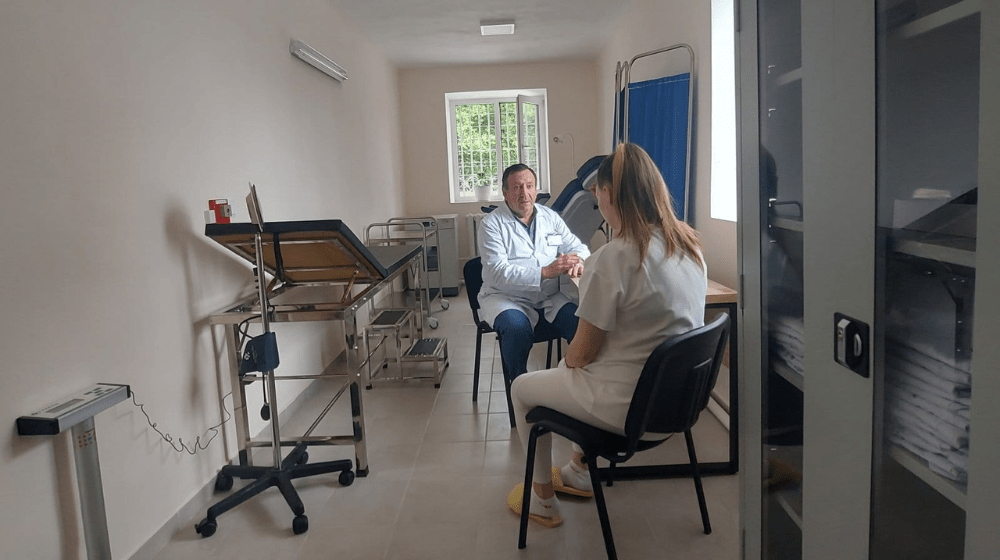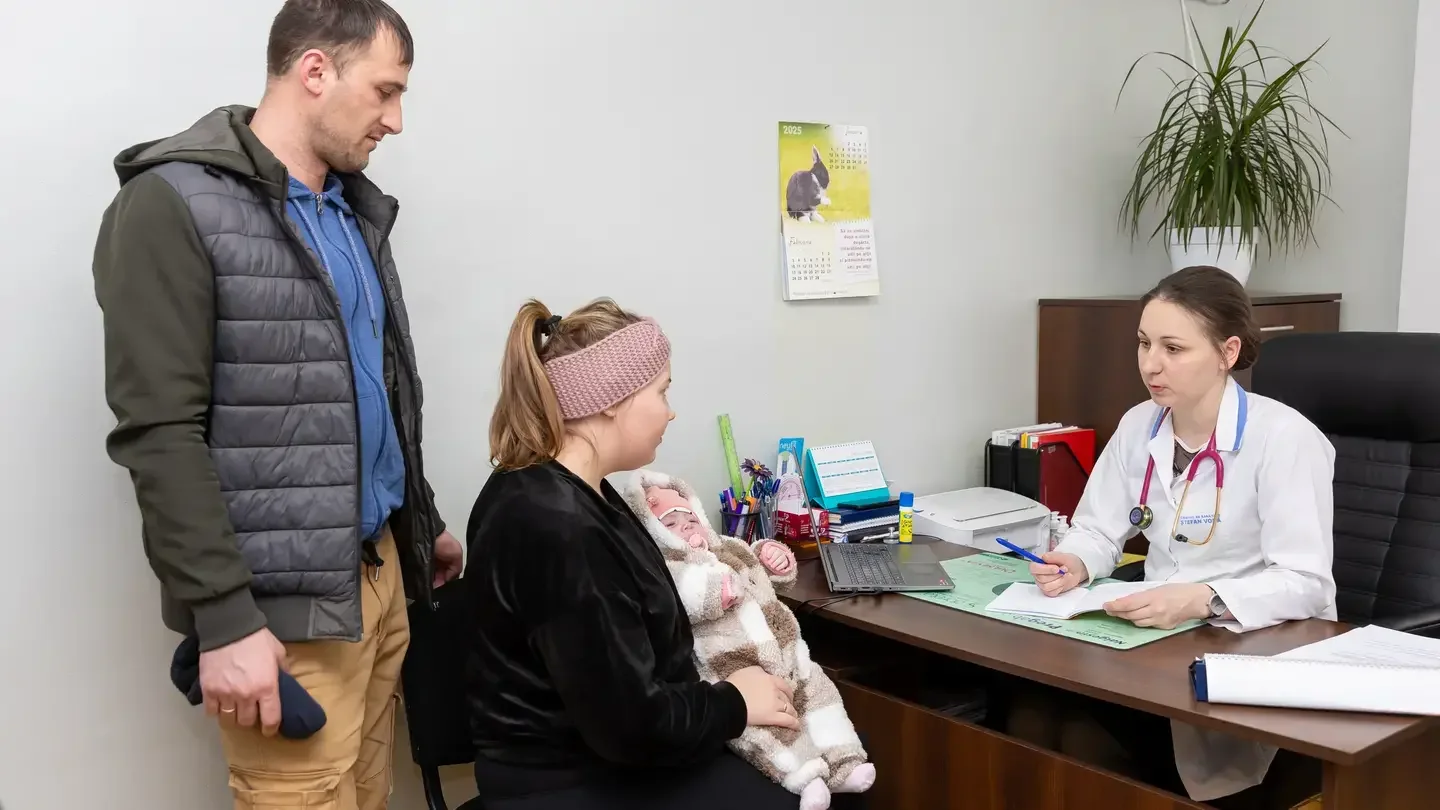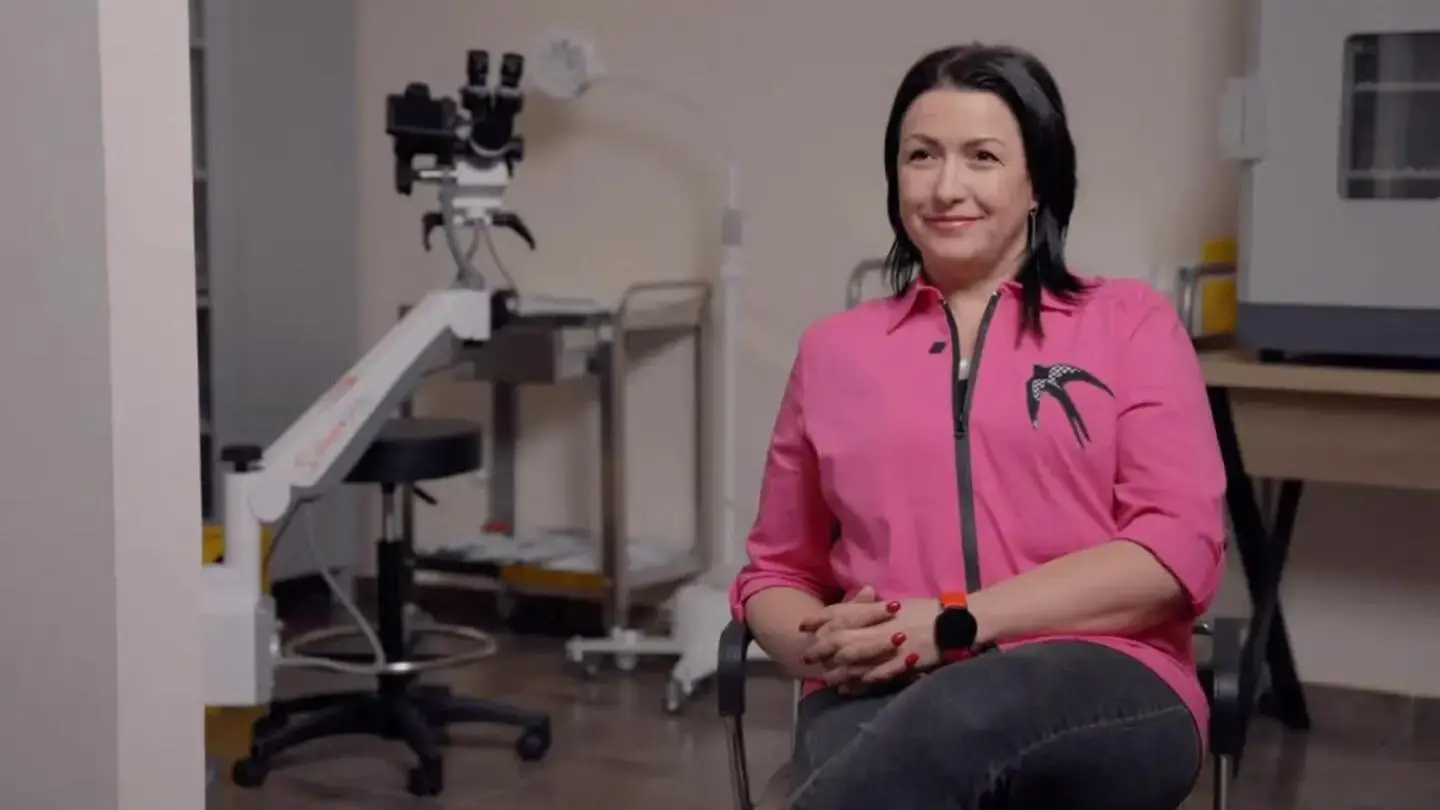For Ekaterina, 37-week pregnant inmate, the arrival of a basic medical scale and other essential equipment meant a lot, as it was the first time her weight was measured during pregnancy. Her story is one of many within the prison's walls. The United Nations Population Fund (UNFPA) has initiated a transformation of the gynecological units at Penitentiaries No. 13 and No. 16 in Chișinău, ensuring that women, regardless of their circumstances, receive quality healthcare with dignity. Reproductive health in detention is a specific challenge, with a primary focus on ensuring safe childbirth for all pregnant women. Inmates undergo regular gynecological check-ups in the prison’s medical office, with more extensive examination taking place in public hospitals, when needed.
„The renovation and upgrading of the medical office within the prison have had a significant impact on the inmates’ well-being”, said Dr. Victor Burunciuc, who has spent more than a decade serving at the Penitentiary No. 13. „There are many girls who come from socially vulnerable backgrounds and are being seen by a gynecologist for the first time here”, the doctor explains.
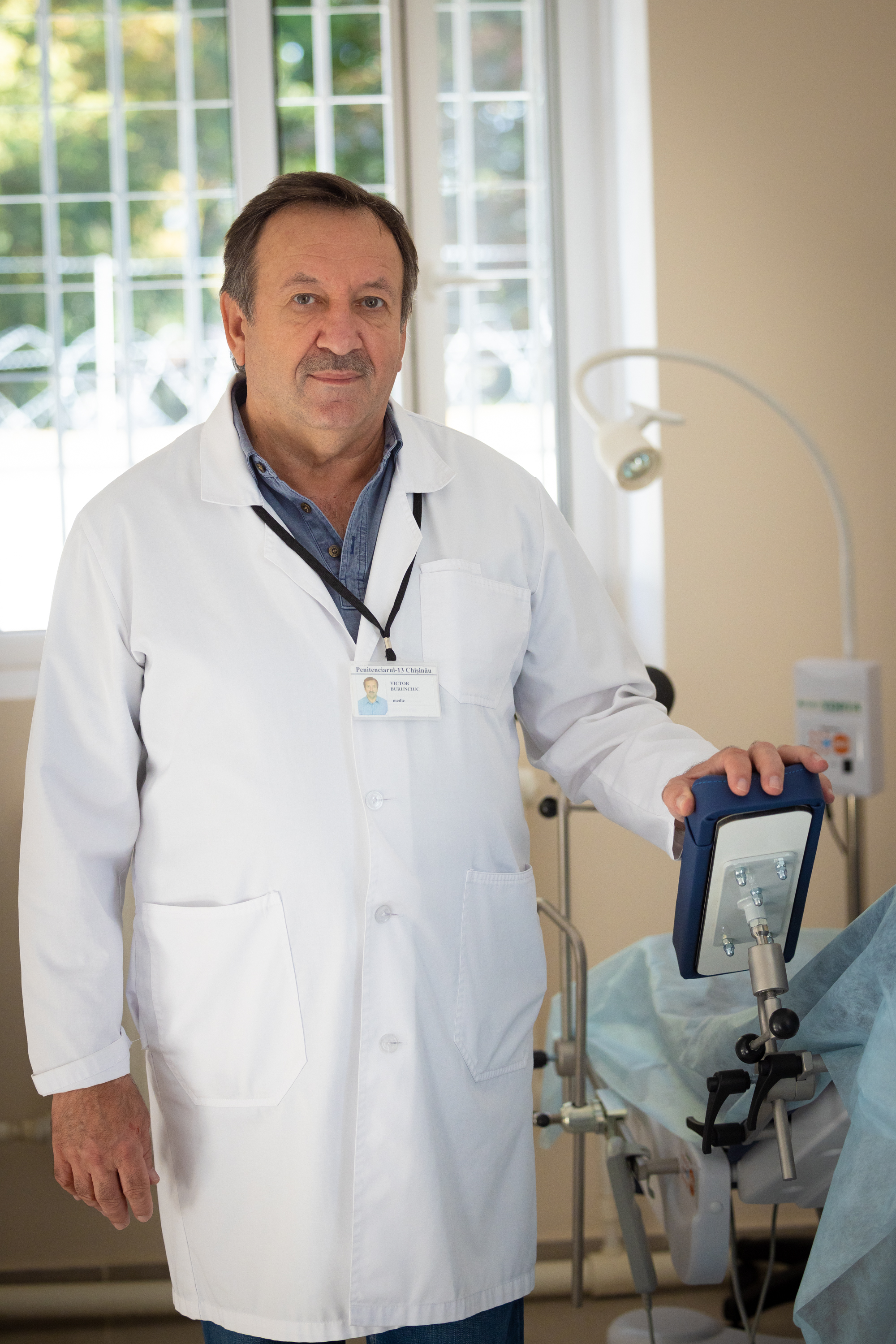
Access to reproductive health services in the detention system is not only crucial for pregnant women but for all women, as it helps in the early detection and prevention of serious health issues, such as reproductive health cancers.
In response to the refugee crisis, UNFPA has upgraded major hospitals across Moldova to ensure safe pregnancies and childbirths, even during challenging times. This effort has included the modernization of delivery rooms, operating theaters, and intensive care units for both adults and newborns. The result: nearly 20,000 Moldovan and Ukrainian women can now welcome their babies in the safest maternal health standards. This support has not only improved the chances of survival for hundreds of premature babies in critical conditions but has also reduced waiting times for surgeries, ultimately saving the lives of women with reproductive cancers.
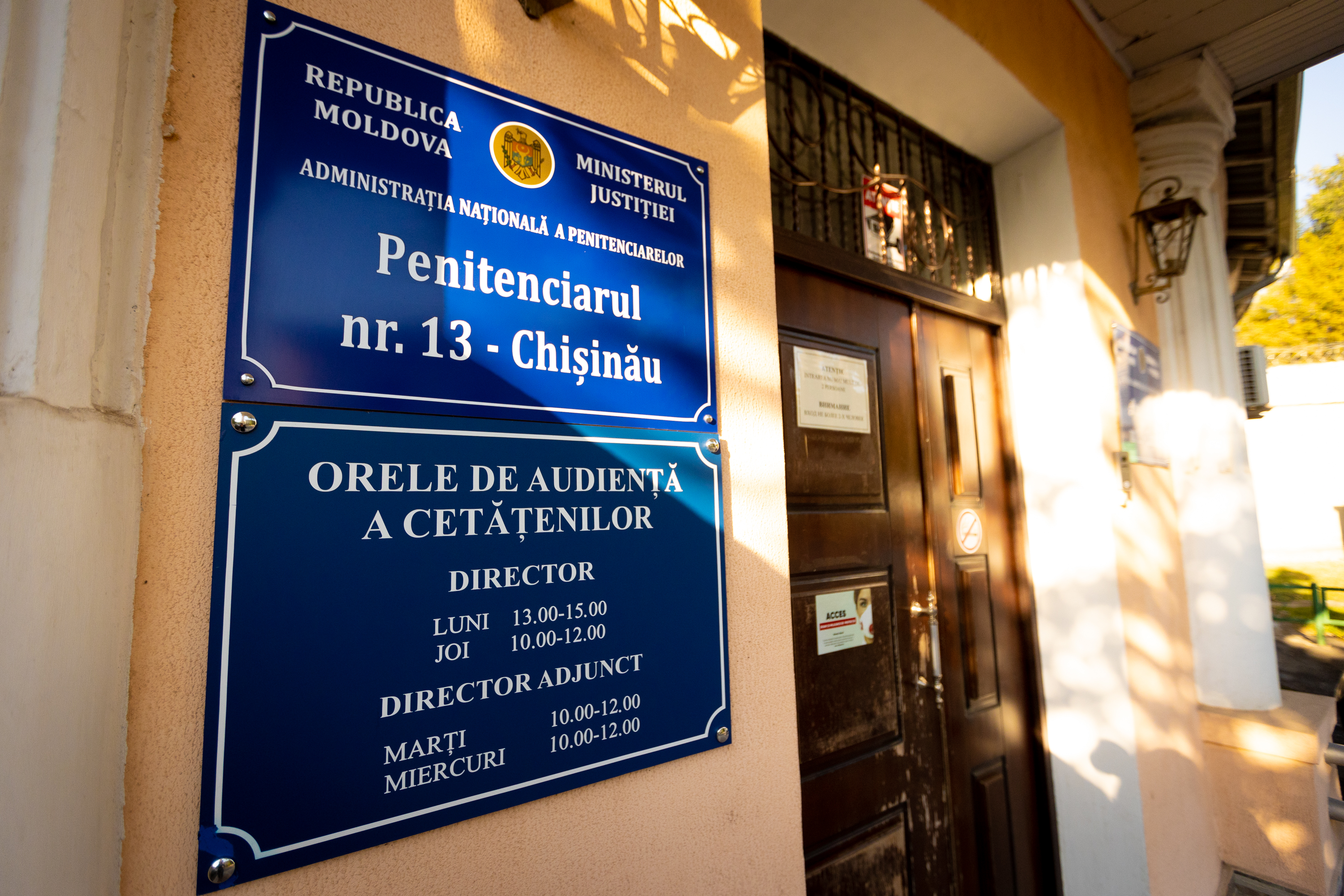
Six weeks later, we visited Ekaterina at Penitenciary No. 16, where she had been transferred to the „Mother and Child Center” within the prison's premises. Here, mothers who give birth in prison can stay with their children until they reach the age of 3.
Holding her daughter in her arms, Ekaterina shares her plans for the future. She intends to stay with her daughter until she reaches 6 months of age, and then she has decided to take her home. She confidently states: „I have someone to take her home to, but many girls here have no one to leave their children with, and these children are brought here with their mothers”.
This is Ekaterina’s second baby. She is also a mother to a 7-year-old son, who now lives with her former husband. „When I called him for the first time from here, we both cried on the phone, and he kept saying, „Mom, why can't I stay with you there? I promise I'll do my homework at home”, she recalls.
Ekaterina has a plan and hope. She says that after her release, she will start a new and happy life with her two children.

